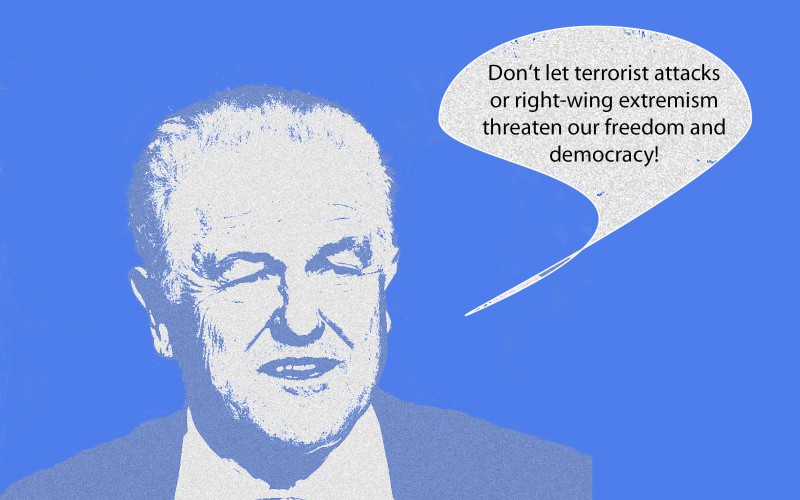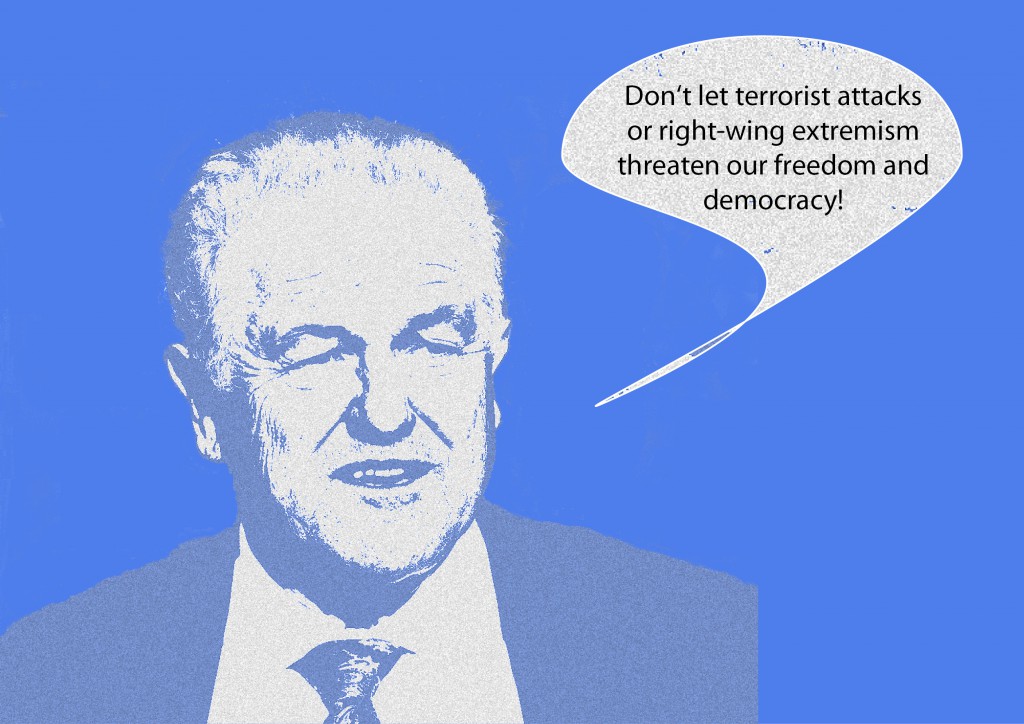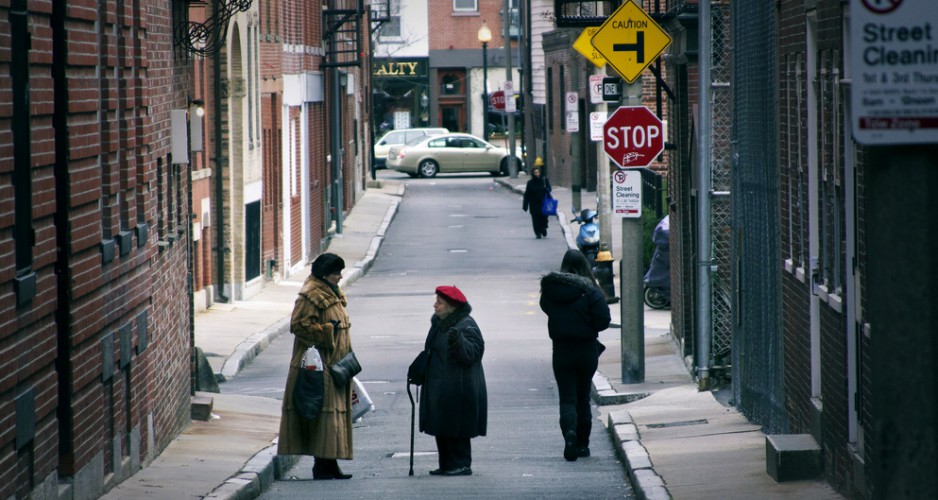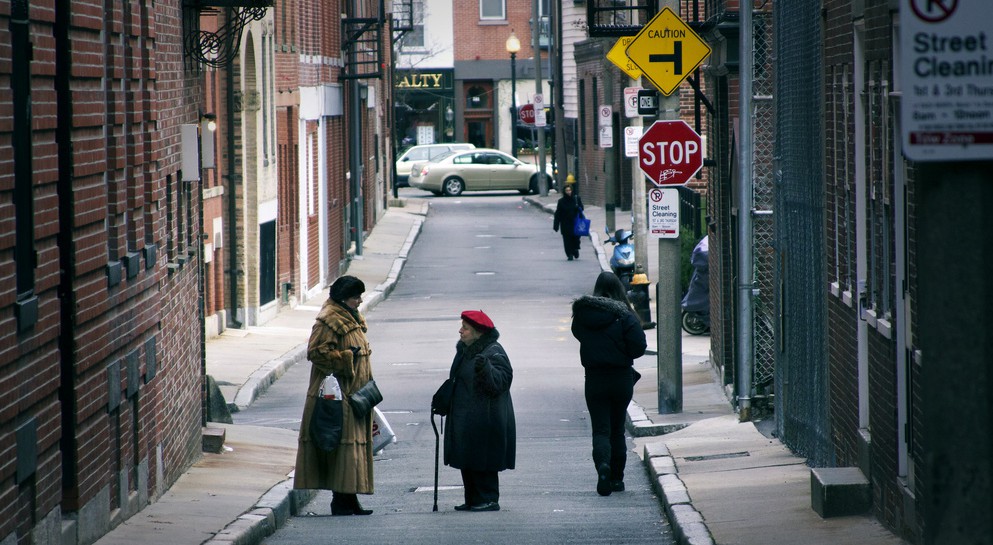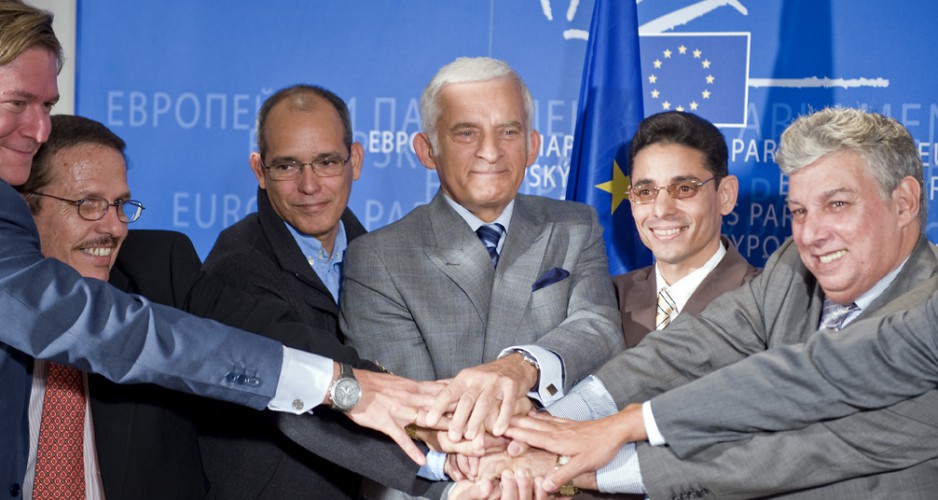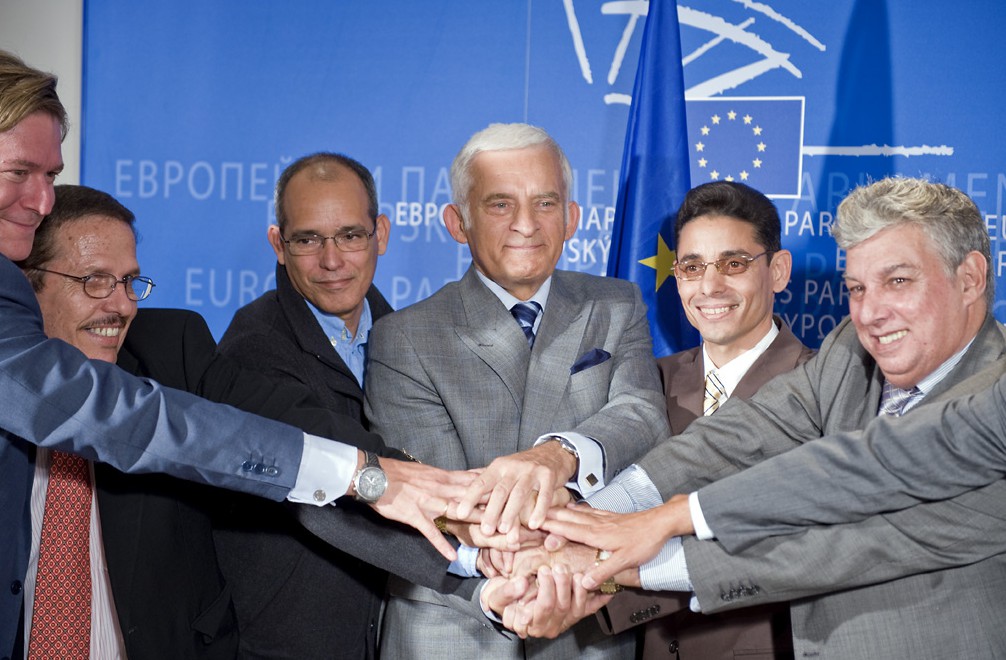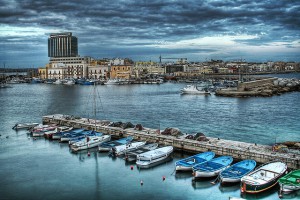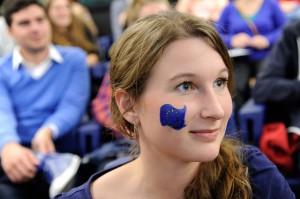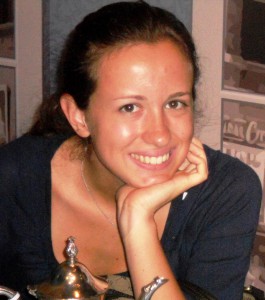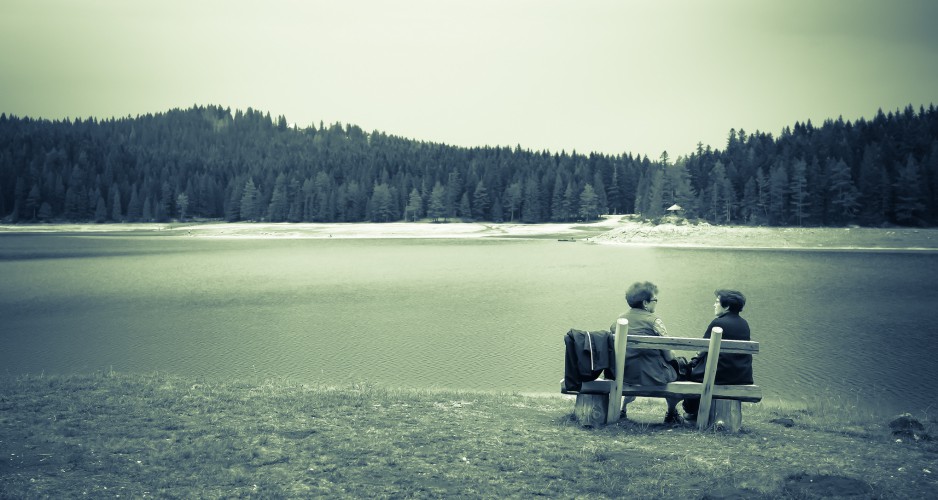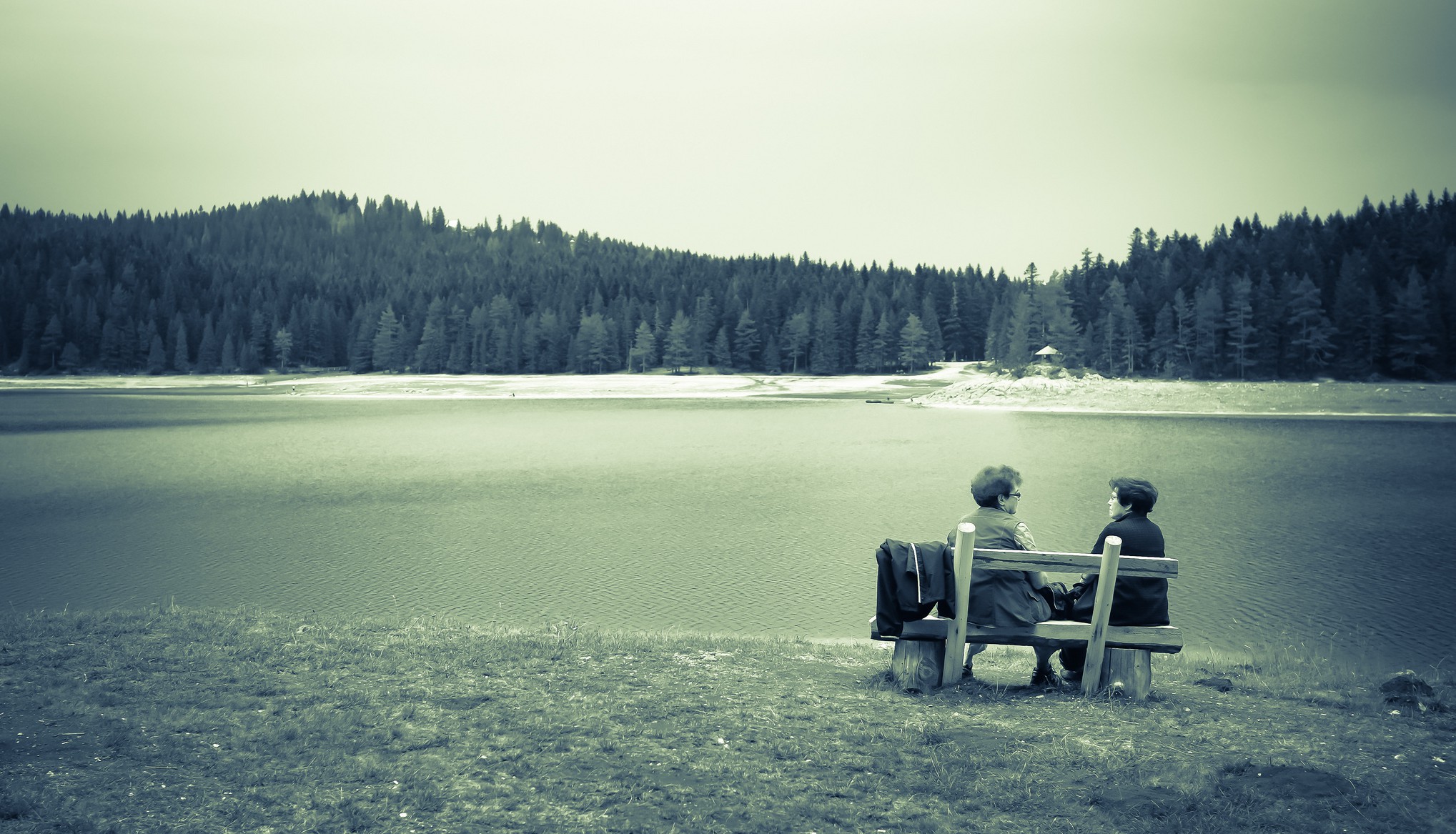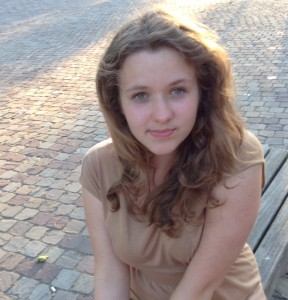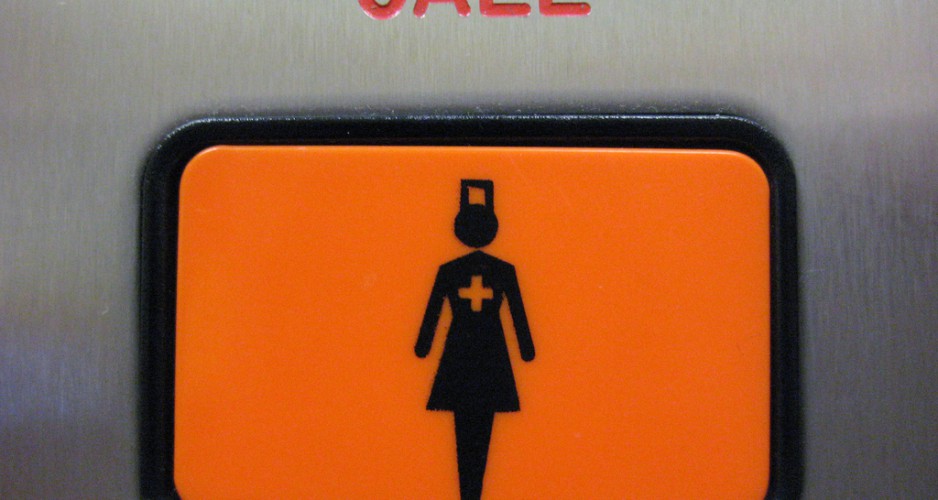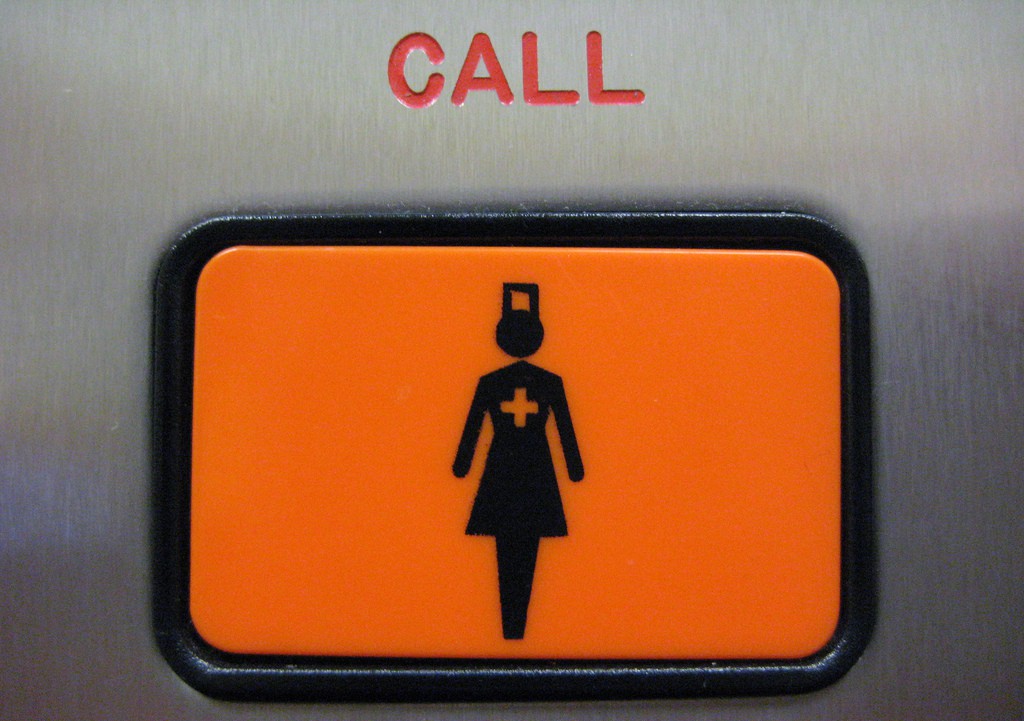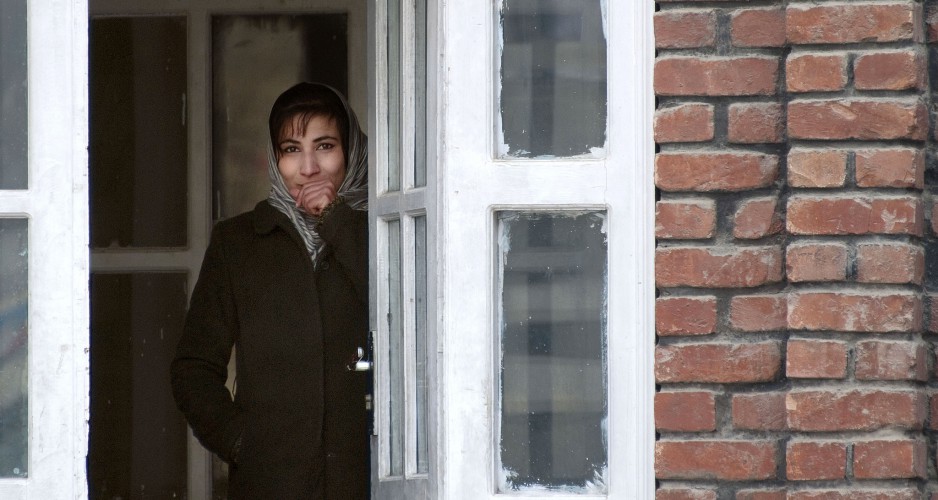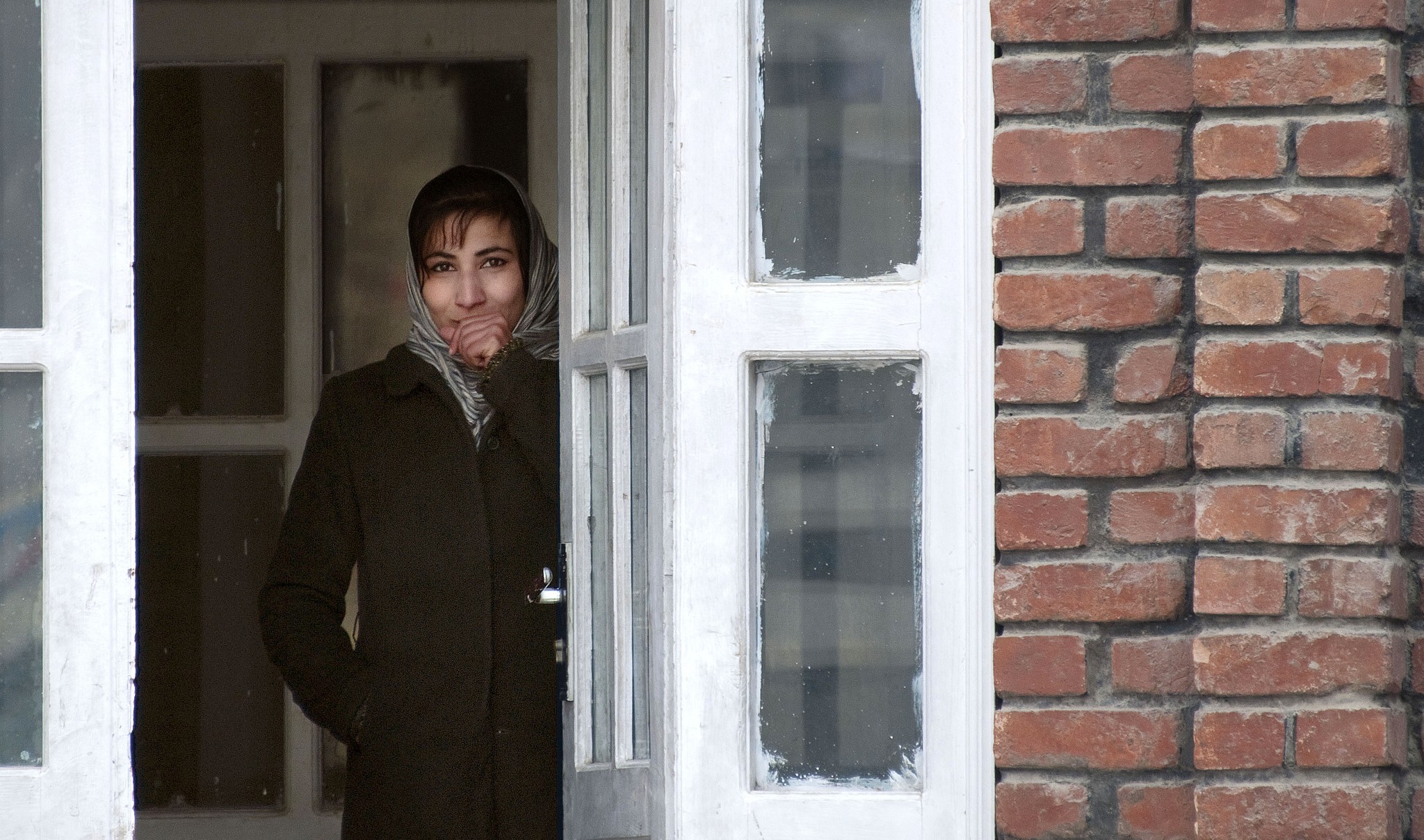Today we stand at an era of major change, but we are also at a crossroad where we have to make decisions on how we want to live our lives in the future.
The terrorist attacks in Paris on 13 November 2015 and the terror in many parts of the world today (e.g. IS and Boko Haram) illustrate in an extreme way that patriarchal structures are still very dominant in most parts of the world.
Not only have men invented religion but they also use religion to justify their actions. They want to decide on how people should live their cultural, religious as well as their social and professional lives. They misuse religion as a justification for their terrorist acts and want to create chaos, fear and a feeling of insecurity worldwide.
The consequence in western countries is not only the fear of more terrorist attacks but also an increase of right-wing extremism. In other words, liberal democracy is threatened from two sites: Global terrorism and right-wing radicalism.
We also know that the world has become more connected through modern digital communication systems that enable the sharing of information on a global level within seconds. Yet, at the same time terrorists are also using the same media for their own purposes.
Thus, the world has become more connected but also more vulnerable. What can we do about it?
- We need a global territorial reform. The main world leaders, who are currently meeting at the G20 summit in Turkey have to send a strong political signal showing that they condemn the terrorist acts and that they do not tolerate war and terror. Moreover they need to demonstrate their will to solve current and arising conflicts between their countries. This means that state borders have to be determined and guaranteed. The use of armed forces will be necessary to carry out this task.
- Furthermore it is indispensable to promote the inclusion and equal opportunities in countries with a high number of socially deprived groups and a high unemployment rate. It is important to create structures with equal access to education as well as economic and social help for those who need it, so that people get the chance to live in their own countries and are not forced to be refugees in the search for a better life.
- Finally, the separation of state and religion is necessary for a successful global territorial reform. Moreover, the acceptance of every culture and every religion are fundamental requirements for a peaceful coexistence.
All of this might seem utopian. However, it is a project that is feasible if the powerful of the world today are willing to put it into practice.
About the author:
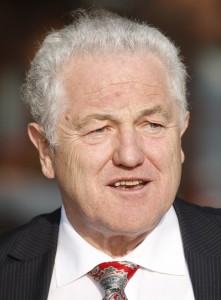 Prof. Dr. Manfred Pohl is the Founder and Chairman of Frankfurter Zukunftsrat, the think tank that organises “My Europe”. more…
Prof. Dr. Manfred Pohl is the Founder and Chairman of Frankfurter Zukunftsrat, the think tank that organises “My Europe”. more…

